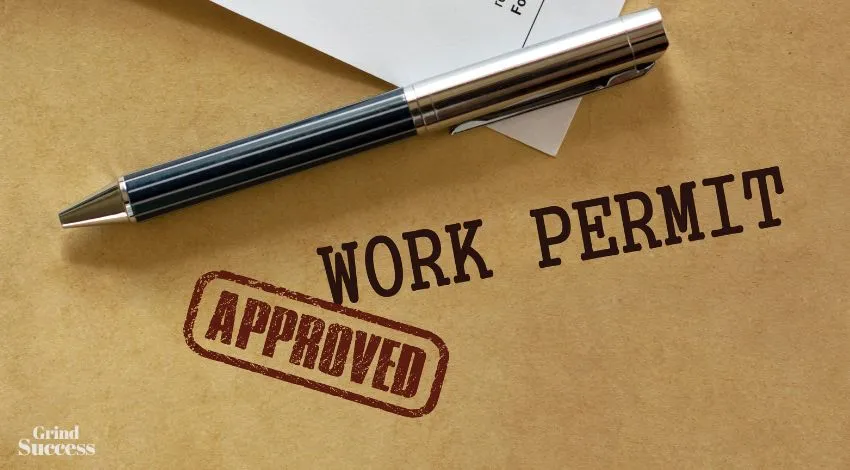Insider Tips for Finding Employment and Navigating Work Permits Abroad

If you’re thinking of working abroad, the prospects of navigating work restrictions and finding a job can be discouraging. Undoubtedly, being able to work overseas legally and securing employment is a process that requires careful planning.
In a world that has become so fast-paced and economically unpredictable, many are looking for career options in foreign countries.
Some people wish to broaden their horizons and move to countries with advanced and competitive job markets. Others wish to live and work in less stressful and more affordable countries.
Whatever your reason for wanting to work in a foreign country, this article shows you how to navigate that process and realize your dream.
How to Obtain a Work Permit
Countries worldwide have laws that control the entry of foreigners and what they are allowed to do within their borders.
Simply arriving in the country you desire doesn’t give you permission to work. Depending on your chosen country, you will need a work permit or work visa.
A work permit is a document, card, or stamp that allows foreign workers to seek employment and work within the host country’s borders.
Each country has unique rules when it comes to obtaining work permits.
However, you need to research the country you’re interested in to see what you need to do to become eligible for employment.
It’s important to learn the laws of the land. Get to know the requirements and the various options applicable to you. You probably have highly sought-after skills that make getting a work permit a breeze.
Ultimately, the more you know, the easier it is to navigate the approval process.
When researching, look into:
How to Find Employment
Obtaining a work permit is just the first step in the journey of working overseas. Now that you can legally work in the country, it’s time to find employment.
Here are practical tips:
Research Employment Practices
Different countries have different ways of doing things. It’s best to look up employment practices specific to your target country.
During your research, look into current events, including industry trends in relation to your area of expertise.
Practice the Local Language
Language can be a great tool in helping you secure a job in a foreign country. Start learning the local language even if the population speaks English or any major language.
Understanding the local language is crucial, especially in places where secondary languages are not very popular.
For example, if you’re looking for employment in China, you’re better off enrolling in a Chinese language class. That will make finding a job easier.
Narrow Down Companies
Looking for a job overseas doesn’t have to be any different from job hunting in your home country. Try employing some of the strategies you would use back home.
You could look up companies within your industry that are currently hiring and apply like any other person.
If you haven’t arrived in the host country yet, you may want to mention that or look for remote work options.
Use Social Media
Take advantage of social media’s wide reach to find employment in your new country. Comb through groups and pages where recruiters regularly post vacancies.
Creating a professional social media profile can go a long way. Optimize your profile to reflect your interest and experience, especially on Linkedin. That way, when you connect with other professionals, it’s already out there that you’re job hunting.
Don’t Forget Job Boards
Job boards like Indeed, CareerBuilder, Expatica, and Flexjobs are necessary resources when looking for a new role overseas. These are international job boards with all sorts of employment listings.
Besides region-based listings, you will find many employers actively recruiting talents from around the globe.
Set profiles with these sites, upload a professional resume, and try applying for jobs you qualify for. The best thing about international openings on job boards is that when recruited, the company may help with the immigration process.
Final Takeaway
Finding employment overseas can be tedious. The complexities that come with getting a work permit alone can be off-putting if you don’t plan carefully and envision your goal.
Leverage strategies like networking and building a portfolio to stand out as a desirable talent.






